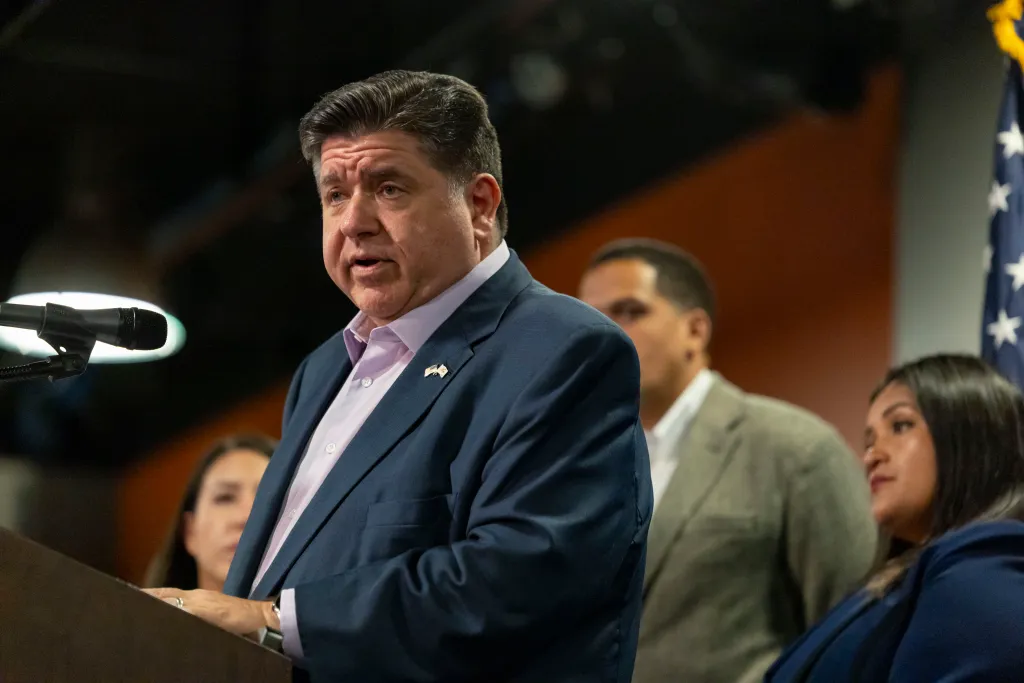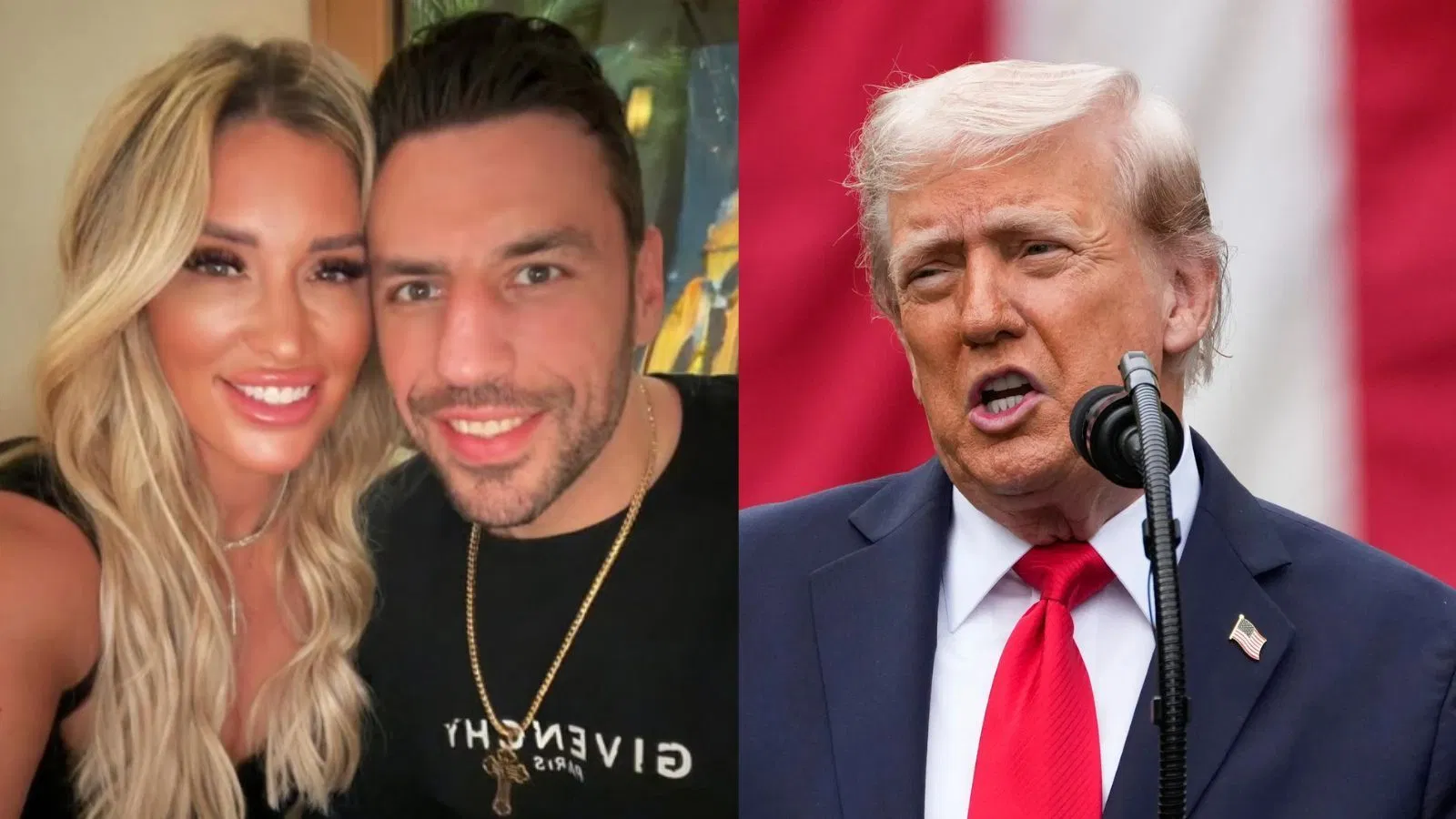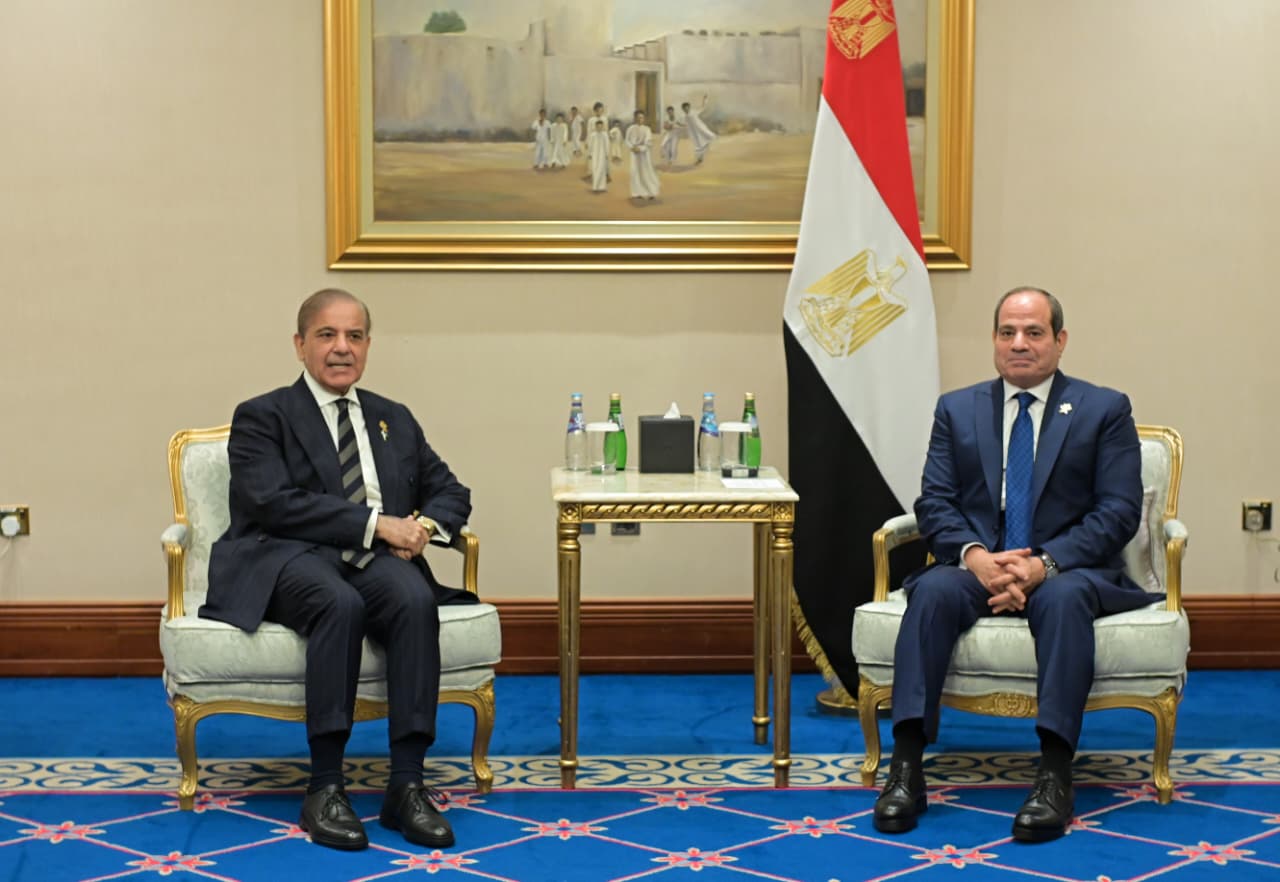
Codifying his lack of confidence in President Donald Trump’s economic policies, Gov. JB Pritzker on Tuesday ordered state agencies to find 4% in cuts to their budgets that would go into reserves to mitigate the effects of federal budget uncertainty.
The executive order signed by Pritzker was the latest salvo by the Democratic governor against the Republican president as the two have repeatedly clashed, especially since Trump retook the White House in January.
After stating in a news release that Trump’s economic policies are “disastrous,” including the passage of a domestic policy agenda this summer that cut costs and gave tax breaks to the wealthy, Pritzker said the executive order was meant to emphasize the massive scope of what the administration’s policies were doing to state budgets.
“There are hundreds of millions of dollars that are going to have to be made up for as a result of the cuts the federal government is making, including in health care and nutritional assistance, but also across the economy with the tariffs that are impacting businesses in Illinois,” Pritzker said as he ticked off Trump measures at an unrelated news conference in Joliet. “We also think that we’re going to have to look at every nook and cranny of state government to make sure that we are balancing the budget, as has been promised in the (current state) budget.”
The order specifically asks agencies under the governor to identify up to 4% from their operating budgets for the current fiscal year “to reinforce state finances,” the governor’s office said. It also directs the agencies, which range from the Department of Children and Family Services and Human Services to Agriculture and Transportation, to limit “nonessential” spending and review hiring decisions.
Pritzker had previously signaled to the heads of state agencies that they should begin identifying areas to trim in order to bolster their reserves should times become lean. But putting the directive into the form of an executive order not only formalizes the initiative but also serves as a public slap at his political rival, Trump.
The governor said the 4% figure was just the “beginning” of what his administration thinks could be “a very severe challenge” for the state budget.
“Here’s something that I’m very concerned about, which is that the budget is affected vastly by the economic situation of the country,” he said. “We’re doing OK in Illinois right now. But I can’t believe that when we see lots of other states that are severely, negatively impacted by the president’s policies and the economies of their states are affected, that they’re not also going to see a deterioration of revenues.”
Since Trump’s inauguration in January, Pritzker has repeatedly said that Illinois can’t make up for multibillion-dollar federal funding shortfalls resulting from federal cuts.
The order also comes at a particularly tense time between the Illinois and federal governments, as Trump has directed an ongoing illegal immigration enforcement crackdown in the Chicago area that has at times led to violent clashes, and for weeks has threatened to deploy National Guard troops onto the city’s streets to curb crime, an effort Pritzker has vehemently opposed as an authoritarian power move.
Although the state budget process for the current fiscal year concluded in the spring, Pritzker and other state-elected officials have considered several measures to mitigate the influence of the Trump administration in Illinois. Following Trump budget cuts and his administration’s withholding of federal funds, Illinois created a flexible $100 million fund that the governor can use to fill in fiscal gaps and expanded the state treasurer’s emergency lending powers.
The executive order Tuesday also resembled Pritzker’s request in 2020 — during Trump’s first term — that agencies prepare for budget cuts amid the pandemic and uncertainty surrounding federal aid. A memo from the Pritzker administration at the time said that year’s budget was “only affordable in its current form with federal support to bridge the pandemic-related shortfalls and that now appears not to be forthcoming.”
More recently, Pritzker has blamed Illinois’ fiscal challenges on economic headwinds he says Trump created. In issuing the executive order, he specifically called out Trump’s tariff policies, and cuts to Medicaid and food assistance programs, and taxes, especially for the wealthy.
He’s also accused the Trump administration of improperly holding nearly $2 billion in funding from the state.
In response to Pritzker’s order Tuesday, House Republican Leader Tony McCombie of Savanna said her caucus had warned that the current state budget was “irresponsible and overspent.” And Senate GOP Leader John Curran of Downers Grove said he’d like to see the governor work to cut spending “regardless of who is president.”
“If he is serious about protecting Illinois’ fiscal solvency,” Curran said of Pritzker, “he will start by making the difficult, and sometimes unpopular decisions needed to constrain state spending, reduce taxes, and improve economic opportunity for all Illinoisans.”
Agencies must report on their progress on the executive order within 30 days, according to the governor’s office. According to the directive, it applies to agencies that operate under the governor, but not the attorney general, secretary of state, other branches of government or a number of other agencies outside the governor’s purview.



